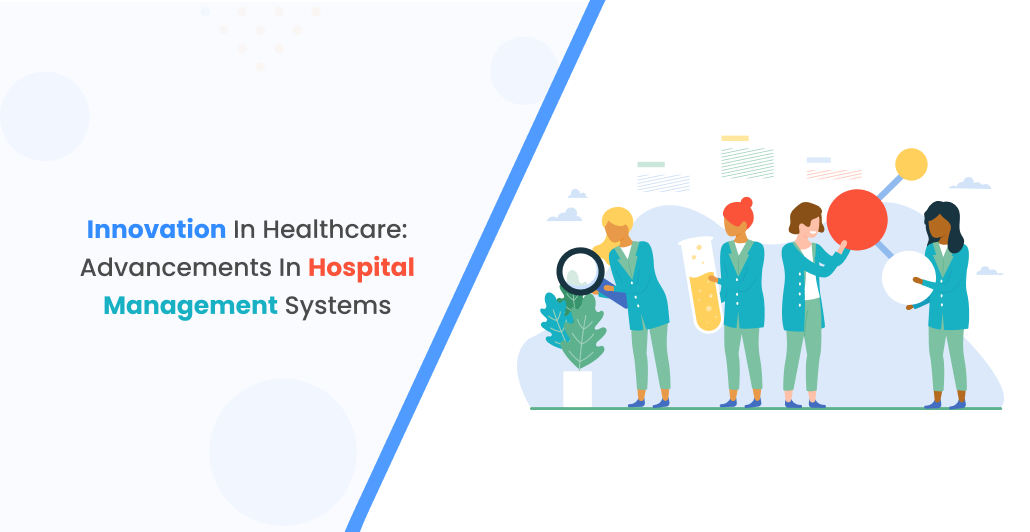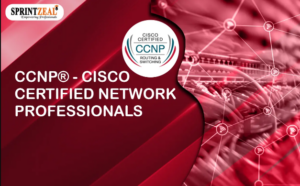Introduction
What is also important is that reasonable distribution in Hospital Management Software is needed to improve the quality of medical care, enhance the use of resources, and provide sustainability in healthcare delivery.
It is through the consequent implementation of optimal resource allocation, use of contemporary technologies, and equity in these allocation approaches that hospitals in this regard could experience remarkable improvements in patient outcomes, cost-effectiveness, and positive operational efficiency.
The adoption of efficient allocation principles by health providers not only drives organizational productivity but also creates a healthcare ecosystem that addresses the pressing issues of the times of patients’ demands, changing patterns of demand, as well as provisioning quality care to all people, whoever they are.
Key Components of Modern Hospital Management Systems
The Modern Hospital Management System (HMS) ranges from the use of online tools to the integration of advanced technology, to promote both efficiency and effectiveness when it comes to operations, clinical procedures, and care delivery to patients. They combine varied elements to achieve smooth hospital operations whereby from patient admissions to billing are involved. Here are some key components of modern HMS:
1. Electronic Health Records (EHR):
The EHR is a digital platform where all the medical history is published, including medical records, diagnoses, prescribed drugs, treatment plans, and laboratory results.
Through encapsulation and centralization of the patient’s data, EHR facilitates access to updated records, prevents fragmentation of care, and aids in the provision of focused treatment.
2. Clinical Decision Support Systems (CDSS):
In Hospital Information Management System Automated Decision-Support Systems (CDSS) apply algorithms and clinical knowledge bases to provide healthcare providers with evidence-based assistance and suggestions during the work continuously.
Interacting with the anatomy, they assist clinicians in diagnosing diseases, choosing the right therapies, and applying the best practices which are based on patient data together with the rules, protocols, and the experience of the health care providers.
3. Revenue Cycle Management (RCM):
RCM software automates the financial processes of submitting bills for patient treatment, claims to insurers, and collection for received payments.
These systems computerized tasks like claims submission, payment posting, etc. noting and denial management that enhances revenue generation, reduces billing errors, as well as optimizes cash flow for healthcare entities.
4. Patient Engagement Platforms:
Healthcare platform platforms are technologies that enable patients and healthcare providers to share information and work together, which gives individuals a choice to be involved in their treatment.
These channels, in which individuals can book an appointment, send secure messages, make a virtual consultation, and have a peek at educational resources, help doctors to be closer to their patients and enhance their satisfaction.
5. Inventory and Supply Chain Management:
The modules of the hospital management system modules and supply chain management made it possible to manage medical supplies, pharmaceuticals, and equipment efficiently in the hospital.
Such systems introduce machine learning processes that may deal with inventory tracking, procurement processes, and stock replenishment thereby ensuring availability, wastage reduction, and optimizing utilization of resources.
Equity and Access to Innovative Healthcare Solutions
-
Integrated Electronic Health Records (EHR):
-
Trending implementations of such systems have thus given way to the development of unified, interoperable platforms that not only collect patient data from different sources but also act as a single point of access for providers.
-
The EHRs that are on a high end can be used to check patients’ data and records in real-time, and as a result, medical practitioners can easily communicate and come up with proper treatment plans.
-
Artificial Intelligence (AI) and Machine Learning (ML):
-
AI and ML algorithms are becoming more of a routine in Hospital Management System automation of tasks, analysis of data, and giving insights.
-
The anticipatory capability of predictive analytics enables predictions of patient numbers, effective distribution of resources, and early identification of severe patients for immediate intervention to raise the efficiency and quality of patients’ outcomes.
-
Telemedicine Integration:
-
By including telemedicine functionalities in their hospital queue management system, healthcare providers can conduct virtual patient care, keep remote monitoring, and supply online consultations.
-
Patients have better access to healthcare services with telemedicine integration, a critical factor in improving access for people in the rural or underserved regions as well as the cost reduction for the healthcare system while making patients happy by providing them with convenience.
-
Mobile Applications:
-
At the moment, rapid mobile app development which is also linked to clinic management systems is empowering patients to the extent that they can schedule appointments, retrieve medical records in the easiest ways from their smartphones, and even communicate with healthcare providers easily.
-
The usage of mobile apps in the medical field by professionals can be also destined for the performance of a variety of tasks, among which – medication management, recording of clinical data, and decision support – contribute to higher flexibility and productivity.
-
IoT Devices and Wearables:
-
The hospital management system online is linked with Internet of Things (IoT) devices and wearables, therefore the continuous monitoring of patient vitals, medication compliance, and activities is perfectly done.
-
IoT devices provide real-time data which in turn help early diagnosis of health problems, take timely intervention and even tailor planned care, hence this boosts patient outcomes by minimizing readmissions to the hospitals.
-
Blockchain for Data Security:
-
Blockchain technology is being researched and its ability to provide the hospital management system india with better protection against data manipulation is being assessed using this technology.
-
Blockchain, on the one hand, offers a truly decentralized network and the source of data cannot be manipulated, which ensures the inalterability and veracity of personal health records, and therefore the risk of data breaches is minimized and unauthorized access is prevented.
Conclusion
Finally, bearing into account that the upcoming trend in hospital management system advantages is an immediate revolution in healthcare. Ranging from interconnected EHR to AI-empowered analytics, telemedicine seamless integration right down to blockchain security this series of innovations have turned healthcare facilities’ environment upside down, allowing to significantly boost efficiency, quality of treatment, and outcomes.
By using technology, hospital management systems can thus bridge gaps across administrative processes, resource planning, and communication between care providers.
These elements of telemedicine, mobile applications, and IoT devices bring an expansion in the scope of healthcare services, allowing for health management by the patient’s hand and remote monitoring and intervention.











